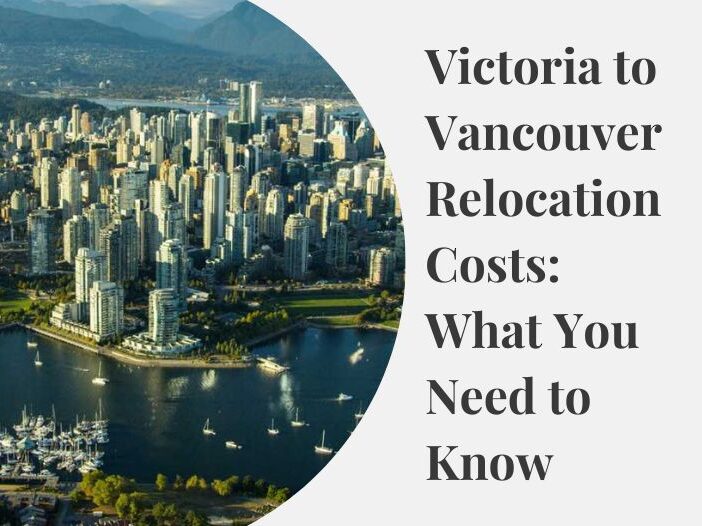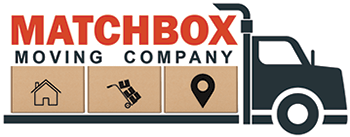
Moving from Victoria to Vancouver is a significant decision that comes with various considerations, with cost being one of the most crucial factors. Whether you’re relocating for a new job, better opportunities, or a change of scenery, understanding the expenses involved is essential for effective planning. In this article, we’ll break down the various costs associated with moving from Victoria to Vancouver, helping you make an informed decision.
1. Moving and Transportation Costs
The distance between Victoria and Vancouver is not just geographical but also financial. You’ll need to account for transportation costs, which include moving your belongings and yourself. If you’re hiring a professional moving company, costs can vary depending on the size of your move, distance, and additional services like packing and unpacking. Alternatively, if you’re planning a DIY move, consider fuel expenses, renting a moving truck, and any required equipment.
2. Housing Costs
Housing expenses can significantly impact your overall budget. Vancouver’s real estate market tends to be pricier than Victoria’s, so you might encounter higher rental or purchasing costs. Research the current real estate trends, property values, and rental rates in both cities to get a better understanding of what to expect. Be prepared for costs like security deposits, first month’s rent, or down payments if you’re buying a home.
3. Storage Costs
If there’s a gap between when you leave your current residence and when you move into your new place, you might need to consider storage costs. Storage facilities charge based on the size of the unit and the duration of storage. It’s advisable to book storage well in advance to secure a suitable space and potentially save money.
4. Utility and Services Transfer
Don’t forget to include utility and services transfer costs in your budget. This can encompass switching over or setting up new accounts for electricity, water, gas, internet, cable, and more. Some providers may require installation fees or deposits, so factor these expenses into your moving budget.
5. Transportation and Commuting
Consider the costs associated with daily transportation and commuting in your new city. Vancouver has an extensive public transportation system, including buses, SkyTrain, and SeaBus. Research monthly transit passes or parking fees if you’ll be driving, as these costs can accumulate over time.
6. Lifestyle and Entertainment
Moving to a new city often comes with the excitement of exploring your surroundings and enjoying local attractions. Account for potential lifestyle adjustments and entertainment expenses. Vancouver offers a diverse range of dining, cultural events, outdoor activities, and recreational options, but remember that these experiences can impact your budget.
7. Healthcare and Insurance
If you’re relocating to Vancouver, you need to ensure that your healthcare coverage and insurance policies are up to date and applicable in your new city. This might involve updating your health insurance, car insurance, and any other relevant coverage. Don’t forget to factor in any adjustments to premiums or coverage based on your new location.
8. Miscellaneous Costs
Moving often involves unforeseen expenses, so create a buffer in your budget for miscellaneous costs. These could include unexpected repairs or purchases, setting up your new living space, or any other unplanned financial requirements that might arise during the transition.
Conclusion
Moving from Victoria to Vancouver entails a variety of costs beyond the physical distance. By carefully considering transportation, housing, utilities, transportation, lifestyle, healthcare, and potential miscellaneous expenses, you can create a comprehensive budget that helps you manage your relocation effectively. Proper financial planning will not only reduce stress but also ensure that your move to Vancouver is a smooth and successful transition.

